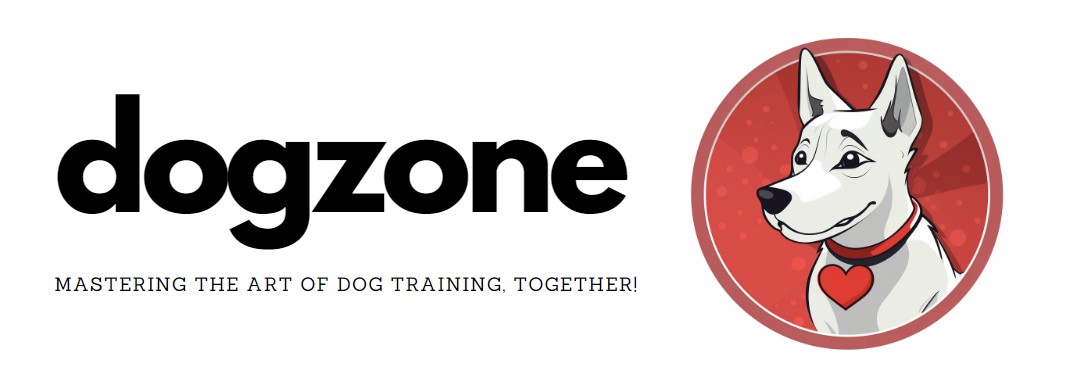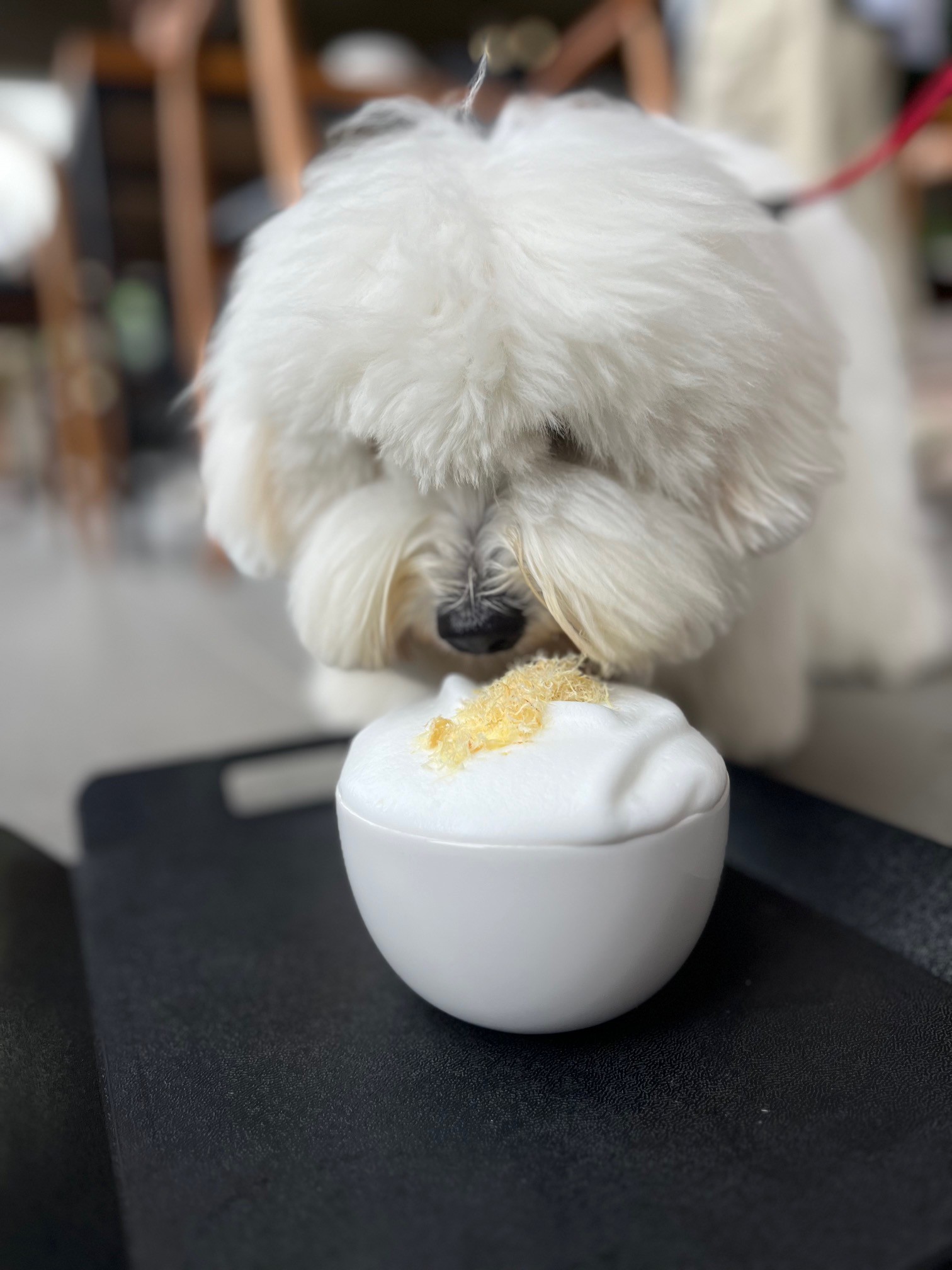Puppies learn from Mum and siblings how to take care with their mouth when interacting with others. This is called bite inhibition.
Experts in puppy training use the following methods to help your puppy learn to be gentle:
Management and Prevention
The more excited and aroused a puppy is, the more they are going to use their mouth as well as be more vocal.
You’ll notice a couple of periods in the day when your puppy hits peak energy. This is the time they’ll most likely be grabbing at your clothing and nibbling on your toes!
Many puppy owners think this is the time to teach a puppy not to be destructive, but it’s the worst possible time. Instead, when your puppy is in the peak energy phase you should distract them from focusing on you. Keep your hands away from your puppy when they are especially excited or aroused.
You can plan ahead for these “manic” moods so you’re ready for them. This will stop you reacting in frustration, which is great – reacting like this can damage the relationship you have with your puppy, and even escalate their mouthing, jumping, and undesirable behaviour.
Be proactive using distraction and diversion. This will set your puppy up to practise behaviours you want strengthened, such as chewing on appropriate toys, meaty bones, or playing retrieve. It will also help you get them out of the habit of mouthing and biting.
Have bones, toys, or chews at the ready to encourage your puppy to play with, retrieve or chew on when those energy levels skyrocket.
Plan an outing at those peak energy times when your puppy will need distraction. Get this timing right and you’ll successfully distract them at the time they’ll most likely destroy your house.
Prevent Puppy Teething With Appropriate Games
Games are a great way to keep your dog distracted at times when they would otherwise be chewing, but you should choose the right games.
Some toys and games can over arouse your puppy escalating the mouthing and grabbing. It’s a matter of trial and error to find a way of keeping your puppy entertained and occupied without your puppy practising unwanted behaviour.
Retrieve and Tug are great games for keeping your pup’s mouth busy and focused on something other than human flesh or furniture.
Use these games to teach your puppy “Give” so you can incorporate some control in the games and be able to stop the game regularly.
Avoid games where your pup is triggered to grab at your hands or clothing. Don’t wave hands around in front of your puppy’s face, as they’ll see your hands as something to grab and bite.
If playing chasing games with your puppy results in them nipping your feet, then this isn’t an appropriate game to play!
Avoid Over Arousal / Teaching Self Control
Most puppies don’t know when too much is too much, so it’s important to teach them self control.
Learn to read your pup’s body language so you can stop play before your puppy gets over aroused. Play with your puppy then stop to settle. You could ask your puppy to ‘sit’, ‘drop’, give them something to chew on, try slow massage, or walk slowly around the garden.
Do this until your puppy is more settled.
Once settled, play can resume.
This switch on/switch off, with practise, can help your puppy learn to settle themselves and help you develop skills in helping your puppy settle from an aroused state.
Distraction and Diversion
Have appropriate chew items and puzzle toys lined up in readiness for when your puppy has a “manic” episode.
Keep your puppy’s mouth occupied by transferring their attention to bone, chew, or toy.
Puzzle toys, especially those where a treat is the reward, can be a great activity for an energetic pup. These toys help your pup develop problem solving skills, and research has shown they will help them become a more intelligent adult dog.
Items in your recycling bin such as toilet rolls and cereal boxes can make for great interactive toys! Try scattering food around the garden to keep your puppy occupied and to release pent up energy.
Teething
Between the ages of 14 weeks through to six months, your puppy will lose their baby teeth. These will be replaced by adult teeth.
This teething process can cause irritation just like it does to a human baby and child.
The most effective solution to teething is giving your puppy appropriate toys, chews, or raw meaty bones to chew on. There are excellent recommendations on Pet Food Reviews – Puppy Teething & Mouthing Solutions, which are not only simple and effective, but nutritious as well.
Teaching “Bite Inhibition”
Puppies learn from mum and siblings the difference between a soft and hard mouth. We can continue these lessons at appropriate times, such as when our pups are calm and relaxed.
When puppies are in their high energy times of the day, it is important to keep your hands away from their teeth!
When you are having quiet time with your puppy, this is the best time to teach them good manners.
Get in the habit of using these times to handle them around their face. Keep your voice calm, and handle them very gently and slowly. Look in ears and eyes, handle their feet, look between toes, and gently squeeze their nails.
Allow your puppy to explore your hand with their mouth, and praise them for being gentle. You can repeat words such as “gentle, good” while praising them, as they’ll learn to associate these words with being gentle with their mouth.
It is vital this handling procedure is pleasurable to your puppy. Give them appropriate treat (meat based are best, dried or raw), or if treats excite your puppy too much, then give them plenty of quiet praise.
When your puppy uses pressure with their mouth bordering on feeling uncomfortable, immediately stop interacting with them and move away.
There is never any need to get cranky and withdraw from the trust account you are building with your dog.
Your puppy will soon learn that a hard mouth stops the interaction they are enjoying, while a soft mouth keeps the interaction going. This is a very effective way to teach our puppies!


Leave a Reply